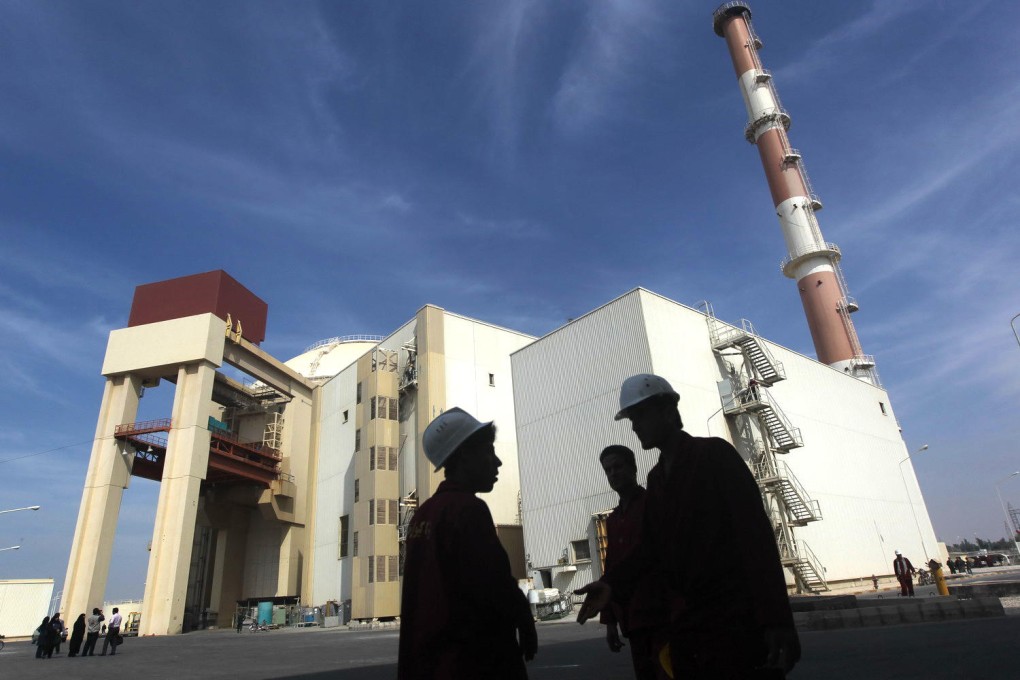Tehran takes tough stance as nuclear talks begin
Iranian negotiators took a tough opening position as the latest talks on its nuclear programme began. They pledged to never to dismantle equipment or facilities that the US and other world powers say raise suspicion that the Islamic republic could produce atomic weapons.

Iranian negotiators took a tough opening position as the latest talks on its nuclear programme began.
They pledged to never to dismantle equipment or facilities that the US and other world powers say raise suspicion that the Islamic republic could produce atomic weapons.

Iran and six world powers, including the US, are seeking to reach a permanent agreement that would place limits on the nuclear programme and lift a decade's worth of international economic sanctions that have hobbled the Iranian economy.
The deal would replace last year's agreement, which capped the programme temporarily and rolled back some of its most worrisome elements. The final deal is supposed to be completed in six months, although that deadline could be extended. All sides have said it will be extremely difficult to produce.
Already the talks represent the most sustained contact for the US and Iranian governments in more than 30 years, and they offer a glimpse of a possible rapprochement.